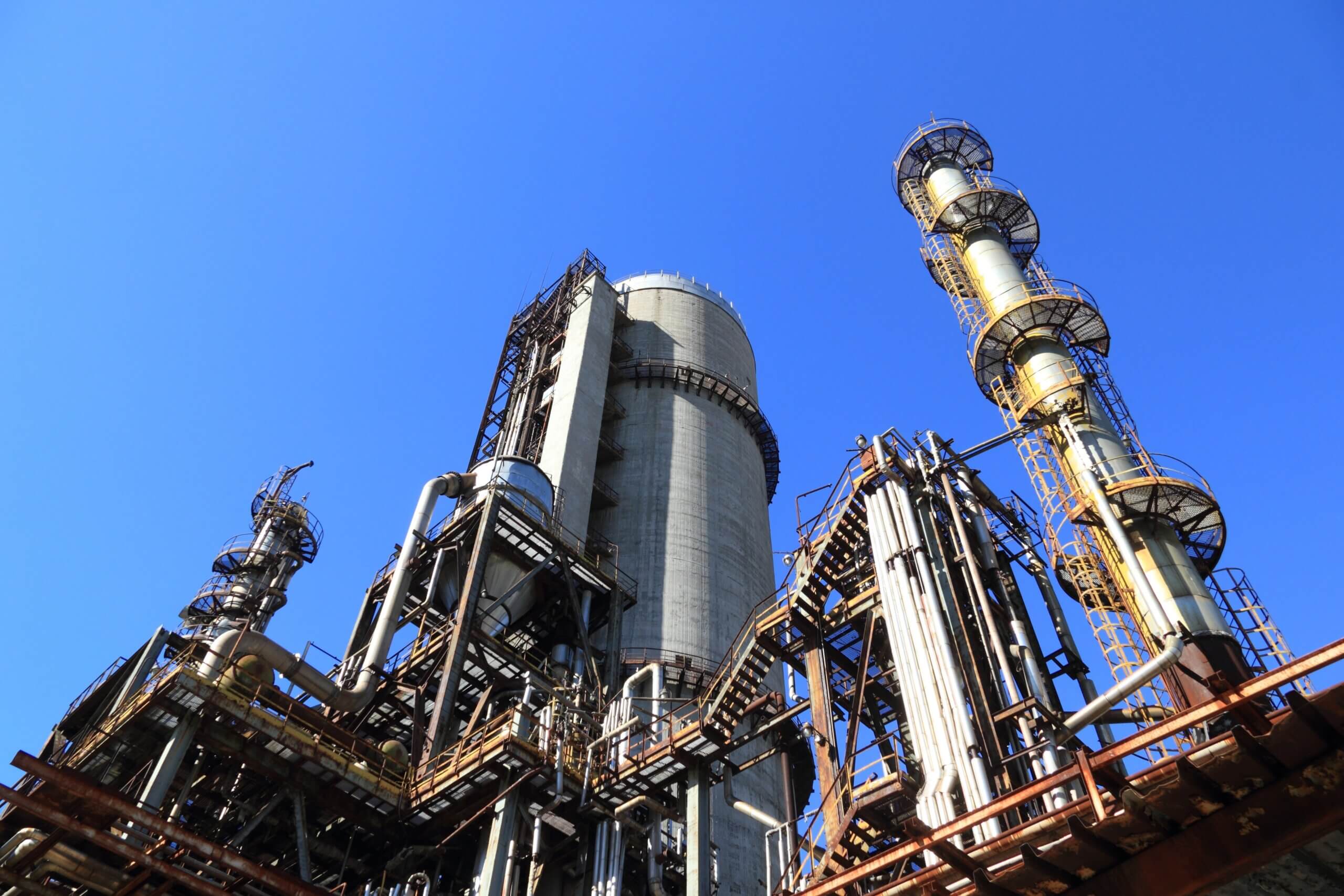“Deglobalization” has entered the narrative zeitgeist. But what’s happening on the ground? This weekly series seeks to answer that question with a round-up of deglobalization developments from the week that’s done.
1. The latest quarterly survey on US manufacturing resilience found that 82 percent of US CEOs have or are actively embracing reshoring strategies, up significantly from 55 percent in the previous survey, fielded in January. Fueling the reshoring strategy: Growing optimism in American manufacturing.
2. Michael Dell, founder of the eponymous company, said that customers are demanding decreased reliance on China – and that he is “intently focused” on diversifying supply chains away from China.
3. Apple is in talks with suppliers to make MacBooks in Thailand – as it continues to shift its manufacturing footprint away from China. The company has also been mass producing its Apple Watch in Thailand for over a year.
4. Investors are leaving China: Two of the pioneering financiers of China’s private sector – European internet powerhouse Prosus NV and Softbank Group – have signaled that they intend to pull back from marquee investments in the country. The latter registered more than 4 billion USD of stock in Tencent for potential sale, while the former is preparing to exit Alibaba Group.
5. The Financial Times reports that as the US seeks to implement a “technology blockade” against China, Beijing is retaliating, surgically, against Western companies – with sanctions, raids, detainments, and, underway now, discussions over restricting Western access to materials and technologies critical to the global car industry.
6. In Harvard Business Review, Hemant Taneja and Fareed Zakaria argue that the US-India relationship is key to the future of tech: India is “the most important potential geo-economic partner for the United States today as it ‘re-globalizes’ with greater concern for national security and resilience.”
7. European Central Bank president Christine Lagarde declared that “we are witnessing a fragmentation of the global economy into competing blocs, with each bloc trying to pull as much of the rest of the world closer to its respective strategic interests and shared values.” Lagarde argued that in this new era, policymakers most focus on securing resilient, trusted supply chains and diversifying energy production.
8. The foreign ministers of G7, at the conclusion of a three-day meeting, have committed to intensify sanctions against Russia for its war in Ukraine and criticized China for its actions in the Taiwan Strait as well as the South China Sea.
(Photo by Pexabay/Pexels)




